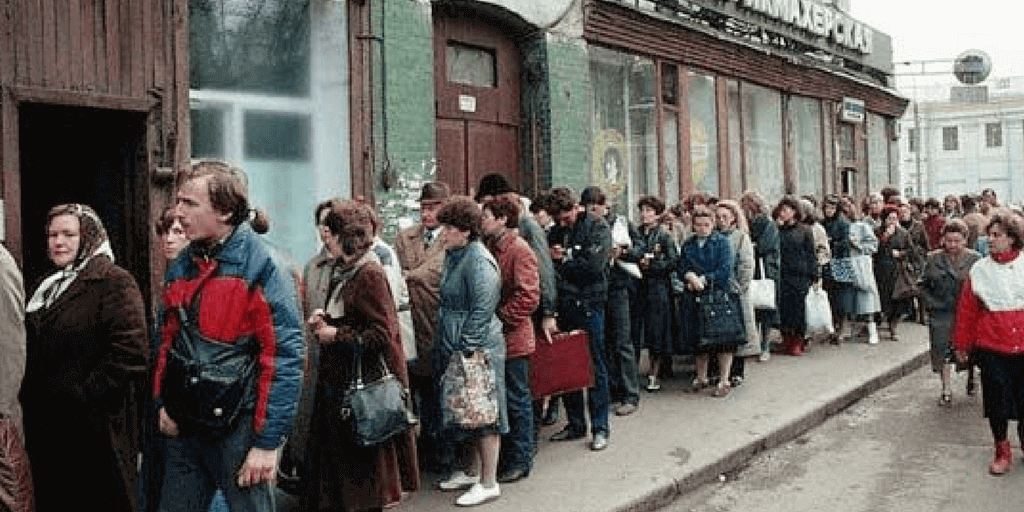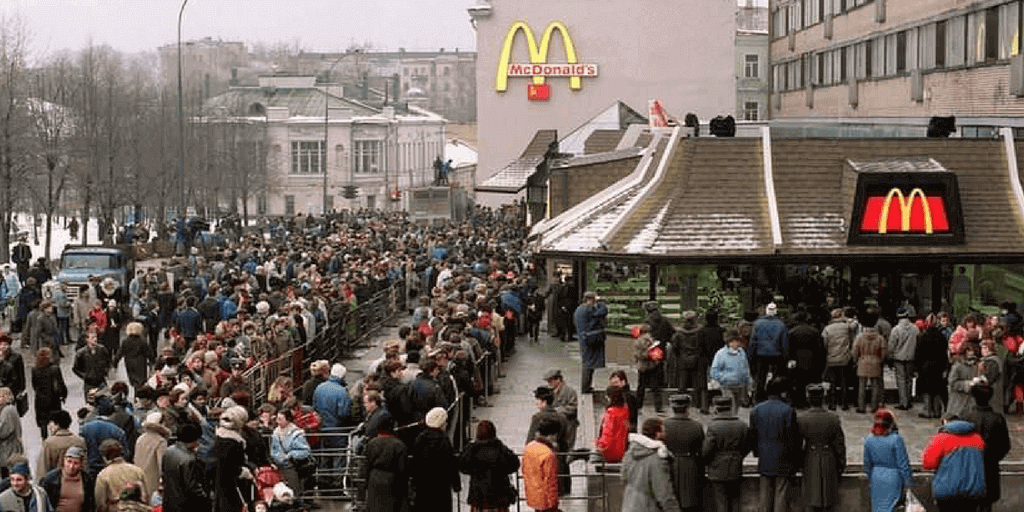Timmy
Gold Member
- Oct 2, 2015
- 22,432
- 2,836
- 290
By definition it wasn'tHere’s the reply you’ll get : “that’s not socialism “. As much as Cons talk about the democrats socialism, none of them can you an example of it .
do you know the definition of socialism?
I do . The real definition , not the bastardize version Cons use aka “anything the gov does that helps people”.
but nothing the government does ever helps people
That’s not true .






